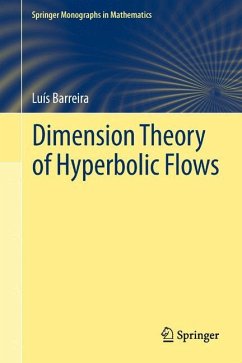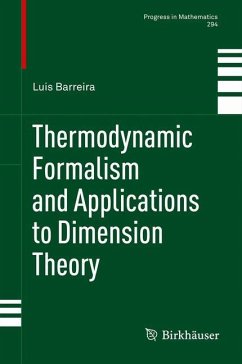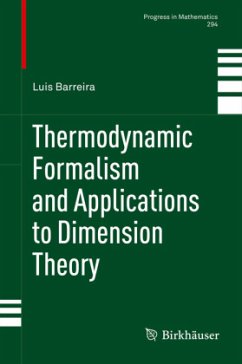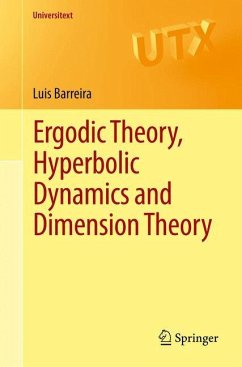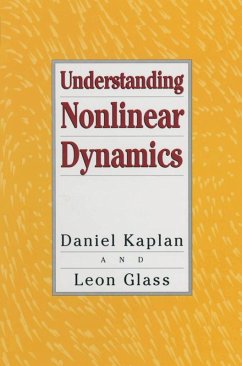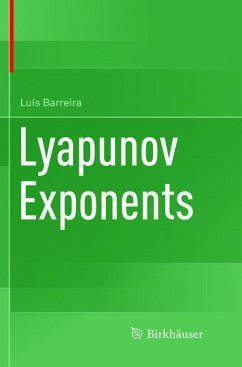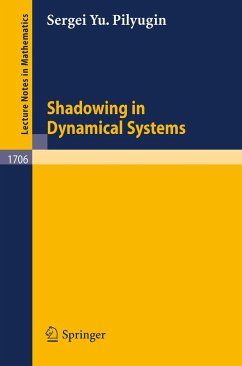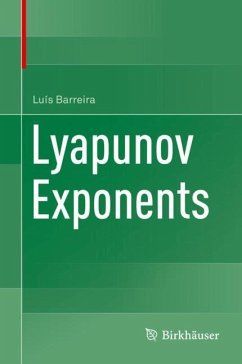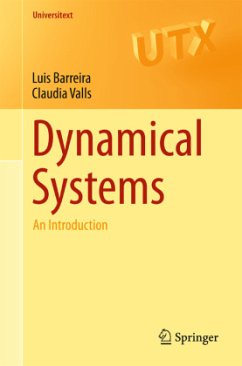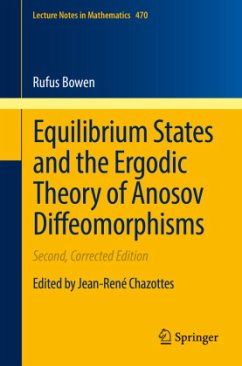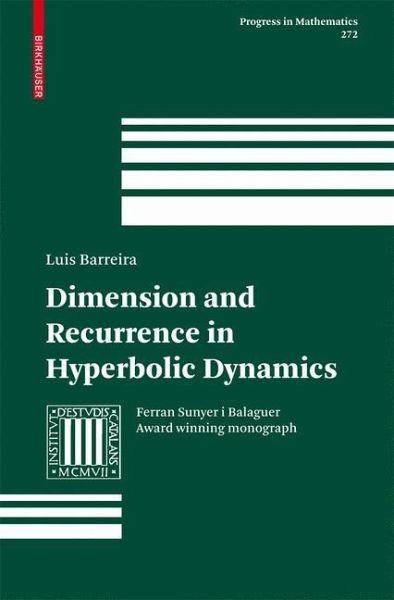
Dimension and Recurrence in Hyperbolic Dynamics

PAYBACK Punkte
0 °P sammeln!
The main objective of this book is to give a broad uni?ed introduction to the study of dimension and recurrence inhyperbolic dynamics. It includes a disc- sion of the foundations, main results, and main techniques in the rich interplay of fourmain areas of research: hyperbolic dynamics, dimension theory, multifractal analysis, and quantitative recurrence. It also gives a panorama of several selected topics of current research interest. This includes topics on irregular sets, var- tional principles, applications to number theory, measures of maximal dimension, multifractal rigidity, and quantit...
The main objective of this book is to give a broad uni?ed introduction to the study of dimension and recurrence inhyperbolic dynamics. It includes a disc- sion of the foundations, main results, and main techniques in the rich interplay of fourmain areas of research: hyperbolic dynamics, dimension theory, multifractal analysis, and quantitative recurrence. It also gives a panorama of several selected topics of current research interest. This includes topics on irregular sets, var- tional principles, applications to number theory, measures of maximal dimension, multifractal rigidity, and quantitative recurrence. The book isdirected to researchersas well as graduate students whowish to have a global view of the theory together with a working knowledgeof its main techniques. It can also be used as a basis for graduatecourses in dimension theory of dynamical systems, multifractal analysis (together with a discussion of several special topics), and pointwise dimension and recurrence inhyperbolic dynamics. I hope that the book may serve as a fast entry point to this exciting and active ?eld of research, and also that it may lead to further developments.





